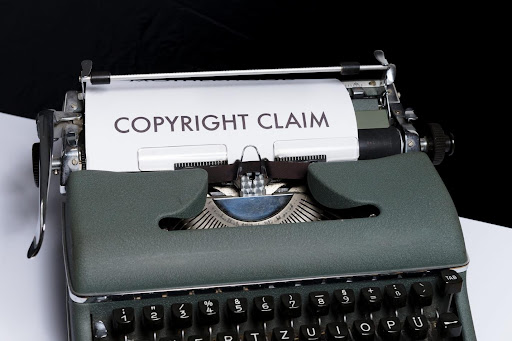
Many individuals use photos on popular platforms like Mailchimp, Wix, Google Slides, Typeform, or Squarespace. However, many don’t know they could be in danger of receiving copyright infringement claims for thousands of dollars. A photo entrepreneur weighs in on this pressing issue.
Jonathan Low, one of Denmark’s most well-known entrepreneurs and best-selling authors, says customers on platforms like the ones mentioned above and many others are running a huge legal risk without even knowing it.
According to the free stock photo website Unsplash, over 18,700 online applications have integrated their image library (API), so the legal problems are growing exponentially.
Unsplash competitor Pexels also have thousands of API integrations, and similar to Unsplash, they don’t have any kind of insurance.
“What seems to be free photos and therefore a smart and cheap way to integrate images into your marketing material on the surface may not end up being that cheap after all. If, or perhaps more likely, when you get an infringement letter for breaching the image copyright or license terms, there’s only one person who will be stuck with the fine: you. That’s because both Unsplash, Pexels, and their integration partners put all the responsibility on the end users,” explains Low.

As an image platform, Low says Unsplash doesn’t prevent people from uploading photos to the platform that don’t belong to them. At the same time, free image platforms like Unsplash, Pexels, and Pixabay all refuse to provide any type of insurance or financial compensation if a customer gets into legal woe.
This pressing issue is exploding because of recent advancements in artificial intelligence, image recognition, and automated reverse image searching. According to the global copyright company Copytrack, more than 3 billion images are shared daily, and a staggering 85% of them are stolen.
Meanwhile, although photos on Mailchimp, Squarespace, Wix, etc., may not be stolen, they still come with no form of model or landmark releases. Low said this means people and famous landmarks in the images have not approved the use of their likeness for commercial purposes.
Ten years ago, he says this was not considered a big problem because the ability to track it was limited. However, that has undoubtedly changed.
“The millions of users on these popular marketing platforms are running a huge risk when they use their free image libraries, just like they’re running a risk if they use photos from the free photo platforms themselves. The problem is that these free photo platforms put all the legal responsibility on the end user. So they don’t help you in any way if you receive a copyright infringement letter from a lawyer,” explains Low.
Most customers don’t know the risk that they’re running because they feel safe when they’re on the websites of such well-known brands, Low explains.
“The problem is growing exponentially due to better tracking technology combined with the fact that popular platforms like Mailchimp, Squarespace, Wix, and many others have decided to integrate these free image APIs without considering the legal safety of their customers,” Low explains.
Those who want to learn more about how to stay out of legal trouble and understand the context of copyright infringement on images and stock photos in-depth may visit JumpStory via www.jumpstory.com for more information.
Media Contact
Contact Person: Jonathan Low
Email: Send Email
Country: Denmark
Website: https://jumpstory.com/blog/copyright-infringement-on-photos-how-to-stay-out-of-trouble
